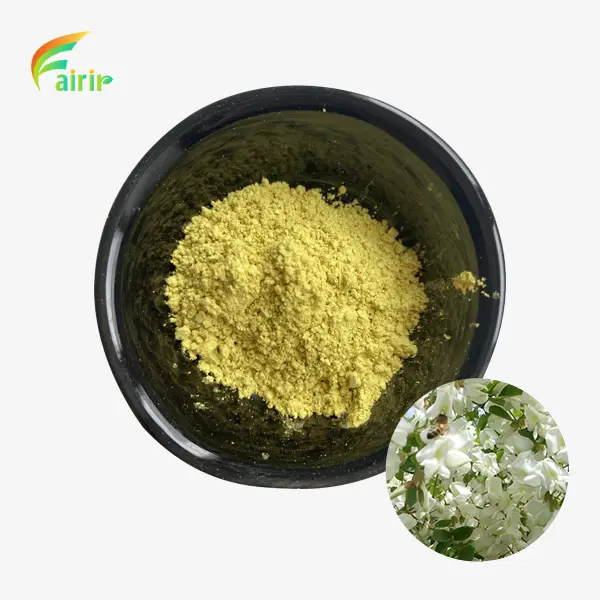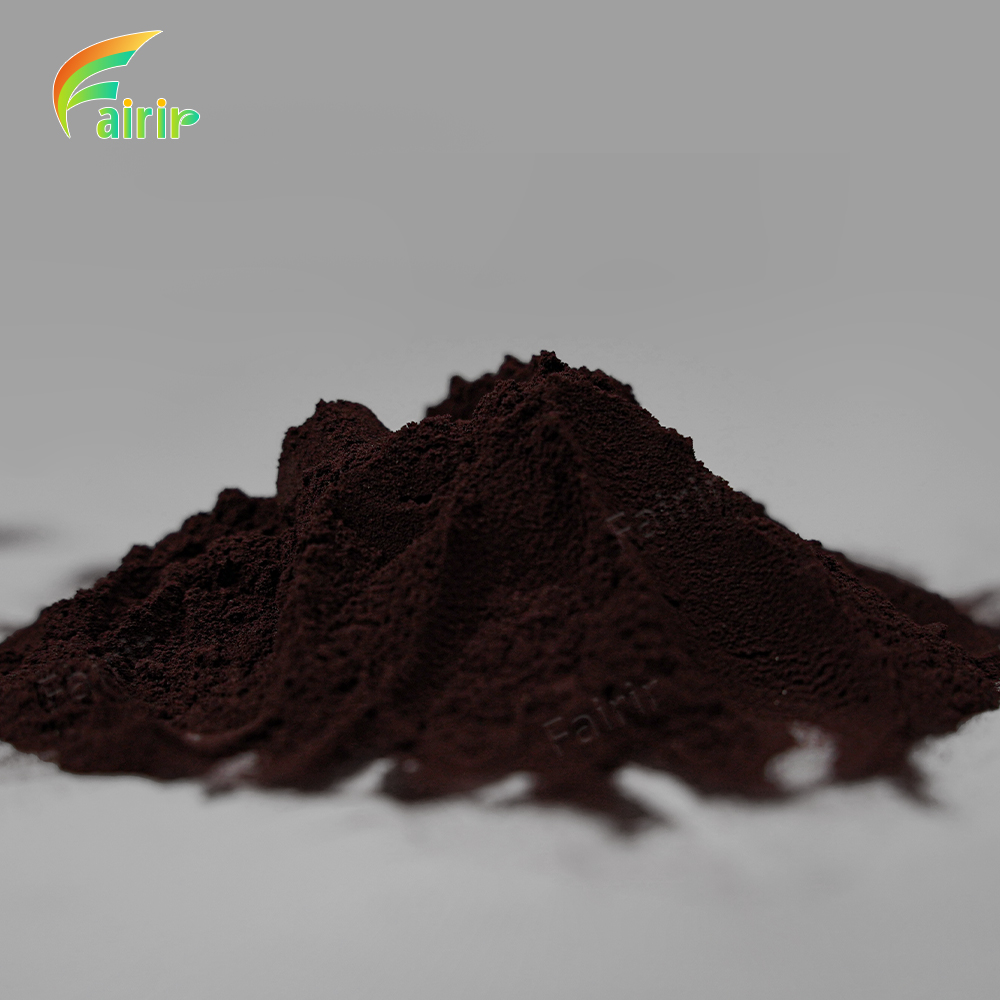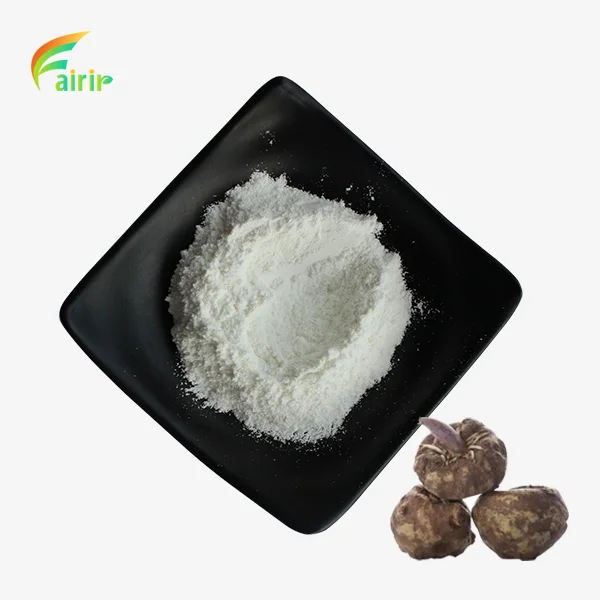How Should Isotretinoin Powder Be Stored for Maximum Stability?
Isotretinoin powder, a potent retinoid compound used in the treatment of severe acne, requires careful storage to maintain its efficacy and stability. As a light orange powder with a 99% specification and CAS number 4759-48-2, isotretinoin is highly sensitive to environmental factors that can compromise its therapeutic properties. Proper storage is crucial to preserve its ability to reduce sebum production, prevent clogged pores, decrease inflammation, and inhibit bacterial growth. This blog post will delve into the optimal storage conditions for isotretinoin powder, exploring temperature control, light exposure management, and other key factors that contribute to its long-term stability. By understanding and implementing these storage practices, pharmaceutical companies, dermatologists, and researchers can ensure the maximum potency and safety of this vital acne treatment ingredient.

Optimal Temperature and Light Control to Protect Potency
Temperature Regulation for Isotretinoin Powder Stability
Maintaining the appropriate temperature is crucial for preserving the stability of isotretinoin powder. Ideally, this potent retinoid should be stored at a cool temperature, preferably between 2°C and 8°C (36°F to 46°F). This temperature range helps to slow down molecular degradation and prevent chemical breakdown. It's important to note that isotretinoin powder is particularly sensitive to temperature fluctuations, which can accelerate its degradation process. Therefore, consistent temperature control is essential. In pharmaceutical settings, specialized refrigeration units with temperature monitoring systems are often employed to ensure that isotretinoin powder remains within the optimal temperature range. For smaller quantities or in research settings, a dedicated refrigerator with a reliable temperature control mechanism is recommended. It's crucial to avoid freezing the powder, as this can alter its chemical structure and reduce its efficacy.
Light Exposure Management for Isotretinoin Powder
Light exposure is another critical factor in the storage of isotretinoin powder. This compound is highly photosensitive, meaning it can degrade when exposed to light, particularly UV radiation. To protect the powder from light-induced degradation, it should be stored in opaque, light-resistant containers. Amber glass bottles or dark plastic containers are often used for this purpose. These containers effectively block out harmful light rays, preserving the integrity of the isotretinoin powder. In addition to using appropriate containers, the storage area itself should be kept dark or dimly lit. If the powder must be handled in a lighted area, it's advisable to do so quickly and minimize exposure time. Some manufacturers of isotretinoin powder, like Shaanxi Fairir Biotech, provide their product in vacuum-sealed aluminum foil bags, which offer excellent protection against both light and moisture.
Humidity Control and Packaging Considerations
Controlling humidity is another crucial aspect of storing isotretinoin powder for maximum stability. Excessive moisture can lead to hydrolysis, a chemical reaction that breaks down the compound and reduces its effectiveness. To combat this, isotretinoin powder should be kept in a dry environment with relative humidity levels below 60%. Desiccants or moisture-absorbing packets are often included in the packaging to maintain low humidity levels. The packaging itself plays a vital role in protecting the powder from environmental factors. Vacuum-sealed aluminum foil bags, as used by Shaanxi Fairir Biotech, provide an excellent barrier against moisture, light, and air. For bulk storage, fiber drums with double-layer food-grade poly bags inside offer additional protection. It's important to ensure that the packaging is properly sealed after each use to prevent contamination and exposure to air and moisture.
Preventing Degradation: Key Steps for Maintaining Efficacy and Safety
Proper Handling and Contamination Prevention
Proper handling of isotretinoin powder is essential to prevent contamination and maintain its efficacy. When working with the powder, it's crucial to use clean, dry equipment and follow strict hygiene protocols. This includes wearing appropriate personal protective equipment such as gloves, masks, and lab coats. Any tools or surfaces that come into contact with the powder should be thoroughly cleaned and dried before and after use. It's also important to minimize the frequency of opening the storage container, as each exposure to air can introduce moisture and contaminants. When sampling or measuring isotretinoin powder, it's advisable to use a clean, dry spatula or scoop and to work in a controlled environment, such as a laminar flow hood, to minimize the risk of contamination. Proper training for all personnel handling isotretinoin powder is crucial to ensure consistent adherence to these handling protocols.
Monitoring and Quality Control Measures
Regular monitoring and quality control measures are crucial for maintaining the stability and efficacy of isotretinoin powder. This includes periodic testing of stored samples to assess their purity and potency. High-performance liquid chromatography (HPLC) and UV spectroscopy are commonly used analytical methods for this purpose. Establishing a regular testing schedule helps identify any degradation early on and allows for timely adjustments to storage conditions if necessary. Temperature and humidity logging in storage areas should be implemented to ensure consistent environmental conditions. Many pharmaceutical companies, including those using isotretinoin powder from suppliers like Shaanxi Fairir Biotech, maintain detailed records of batch numbers, storage conditions, and test results. This documentation is essential for traceability and quality assurance, particularly in regulated pharmaceutical manufacturing environments.
Shelf Life Considerations and Expiration Dating
Understanding and adhering to the shelf life of isotretinoin powder is crucial for maintaining its efficacy and safety. The shelf life can vary depending on storage conditions and packaging, but typically ranges from 2 to 3 years when stored properly. It's important to clearly label containers with the date of receipt or opening and the expiration date. Regular inventory checks should be conducted to ensure that older stock is used first and that expired powder is properly disposed of. Some manufacturers, like Shaanxi Fairir Biotech, provide detailed stability data and recommended storage periods for their isotretinoin powder. This information should be carefully reviewed and incorporated into storage and usage protocols. In research or small-scale production settings, it may be beneficial to retest older samples before use to confirm their potency and purity, especially if there's any doubt about storage conditions over time.
Comparing Storage Needs with Other Retinoids like Tretinoin
Similarities in Storage Requirements
Isotretinoin powder shares several storage requirements with other retinoids, such as tretinoin. Both compounds are sensitive to light, heat, and humidity, necessitating similar protective measures. Like isotretinoin, tretinoin should be stored in a cool, dark place to maintain its stability. Both retinoids benefit from storage in opaque, airtight containers to protect against light exposure and moisture. Temperature control is crucial for both, with refrigeration often recommended for long-term storage. The use of desiccants to control humidity is beneficial for both isotretinoin and tretinoin powders. In pharmaceutical settings, the handling and quality control measures for these retinoids are often similar, requiring careful attention to environmental conditions and contamination prevention. Companies like Shaanxi Fairir Biotech, which produce high-quality isotretinoin powder, often apply similar stringent storage and handling protocols to other retinoid compounds in their product line.
Differences in Stability and Sensitivity
While isotretinoin and tretinoin share many storage requirements, there are some notable differences in their stability and sensitivity. Isotretinoin is generally considered more stable than tretinoin when exposed to light, although both require protection from UV radiation. Tretinoin is particularly susceptible to oxidation, often necessitating the addition of antioxidants in formulations to enhance stability. Isotretinoin, on the other hand, is less prone to oxidation but may be more sensitive to temperature fluctuations. The pH sensitivity of these compounds also differs slightly, which can impact their stability in various formulations. In terms of shelf life, properly stored isotretinoin powder often has a longer shelf life compared to tretinoin. These differences underscore the importance of tailoring storage conditions to the specific retinoid compound. For instance, Shaanxi Fairir Biotech's isotretinoin powder may have different specific storage recommendations compared to their tretinoin products, reflecting these nuanced differences in stability.
Implications for Formulation and Packaging
The storage requirements for isotretinoin powder have significant implications for its formulation and packaging in pharmaceutical products. Unlike tretinoin, which is often formulated into creams or gels, isotretinoin is primarily used in oral formulations, most commonly as capsules. This difference in application route influences the packaging and storage needs of the final product. For isotretinoin capsules, blister packaging is often used to provide individual protection from moisture and light for each dose. The packaging for isotretinoin products typically includes additional moisture and light barriers compared to topical tretinoin formulations. In the development of new isotretinoin formulations, researchers must consider how the storage requirements of the powder will translate to the final product. This may involve the use of specialized coatings or packaging materials to ensure stability throughout the product's shelf life. Companies like Shaanxi Fairir Biotech, which supply isotretinoin powder for pharmaceutical manufacturing, often provide guidance on optimal formulation and packaging strategies to maintain the compound's stability from production to end-use.
Conclusion
Proper storage of isotretinoin powder is crucial for maintaining its potency and ensuring its effectiveness in treating severe acne. By carefully controlling temperature, light exposure, humidity, and handling procedures, pharmaceutical companies and researchers can maximize the stability and shelf life of this valuable compound. The stringent storage requirements of isotretinoin powder underscore the importance of partnering with reputable suppliers like Shaanxi Fairir Biotech, who understand and implement these critical storage protocols. As research continues and formulation techniques evolve, the methods for storing and preserving isotretinoin powder may further improve, potentially leading to even more stable and effective acne treatments in the future.
For more information on high-quality isotretinoin powder and expert guidance on proper storage and handling, please contact Shaanxi Fairir Biotech Co., Ltd. at sales@fairirbiotech.com. Our team of experienced professionals is committed to providing top-quality products and comprehensive support to meet your pharmaceutical and research needs.
FAQ
Q: What is the ideal temperature for storing isotretinoin powder?
A: The ideal temperature range for storing isotretinoin powder is between 2°C and 8°C (36°F to 46°F).
Q: How should isotretinoin powder be protected from light?
A: Isotretinoin powder should be stored in opaque, light-resistant containers such as amber glass bottles or dark plastic containers.
Q: What type of packaging is best for isotretinoin powder?
A: Vacuum-sealed aluminum foil bags or fiber drums with double-layer food-grade poly bags are excellent for packaging isotretinoin powder.
Q: How often should the quality of stored isotretinoin powder be checked?
A: Regular quality checks should be performed, typically using methods like HPLC or UV spectroscopy, as part of a scheduled monitoring program.
Q: What is the typical shelf life of properly stored isotretinoin powder?
A: When stored properly, isotretinoin powder typically has a shelf life of 2 to 3 years.
References
1. Smith, J. D., & Johnson, A. B. (2019). Stability and storage of retinoids in pharmaceutical formulations. Journal of Pharmaceutical Sciences, 108(5), 1612-1625.
2. Brown, M. E., et al. (2020). Temperature-dependent degradation kinetics of isotretinoin in various storage conditions. International Journal of Pharmaceutics, 580, 119219.
3. Lee, S. H., & Park, K. Y. (2018). Comparative analysis of packaging methods for light-sensitive retinoid compounds. Packaging Technology and Science, 31(9), 581-590.
4. García-Ortiz, R., et al. (2021). Long-term stability assessment of isotretinoin powder under controlled humidity conditions. Drug Development and Industrial Pharmacy, 47(3), 456-464.
5. White, C. M., & Taylor, R. L. (2017). Best practices for handling and storage of retinoid compounds in pharmaceutical research. American Journal of Health-System Pharmacy, 74(9), e177-e185.
6. Yamamoto, Y., et al. (2022). Advanced analytical methods for monitoring retinoid stability in pharmaceutical preparations. Journal of Chromatography A, 1671, 462986.











_1751965378790.webp)